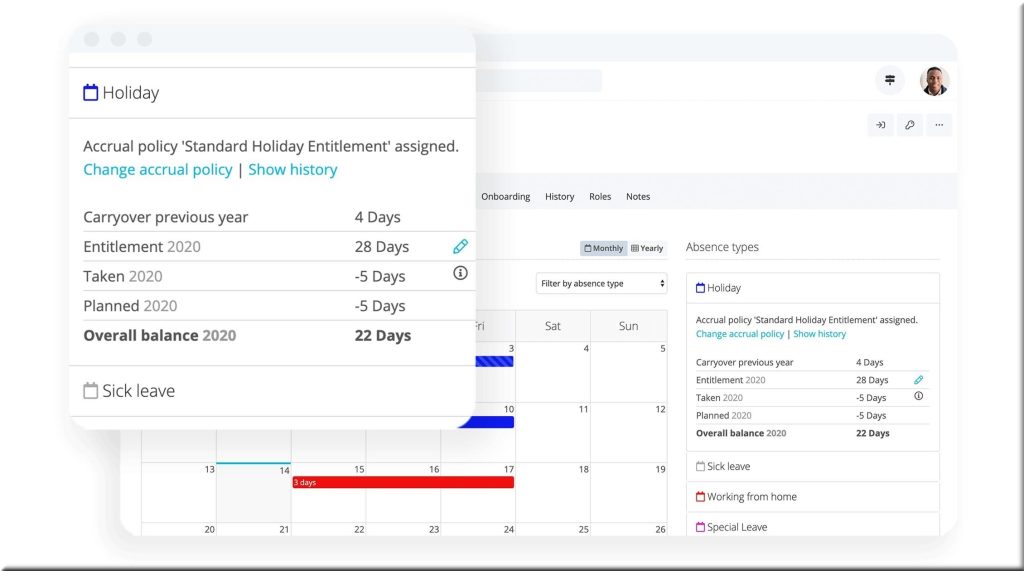Garden
What is Garden Leave? A Deep Dive into the Paid Absence from Work
Have you ever wondered what "garden leave" means in the context of employment? It’s a term often used when someone resigns from a job, and while it sounds like a peaceful time spent tending to your garden, it’s actually a legal concept with specific implications. This article will shed light on what garden leave is, why it’s used, and the legal framework surrounding it.
What is Garden Leave?
Imagine you’ve handed in your resignation, but instead of packing up your desk and heading out the door, you’re asked to stay home for a certain period, still receiving your salary. This is garden leave. It’s a paid absence from work, during which you are prohibited from working for your current employer or a competitor.
The purpose of garden leave is multifaceted. Primarily, it’s intended to protect confidential information and trade secrets that you may have access to during your employment. The company wants to ensure that this valuable information doesn’t fall into the hands of a competitor, especially if you’re leaving to join one.
When is Garden Leave Used?
Garden leave is typically invoked in situations where the company believes there is a significant risk of you sharing confidential information. This often happens when an employee is leaving to join a direct competitor or if they have access to highly sensitive information, such as financial data, trade secrets, or customer lists.
However, garden leave isn’t always necessary. If your role doesn’t involve access to sensitive information or if the company has strong non-disclosure agreements (NDAs) in place, garden leave might be deemed unnecessary.
The Legal Aspects of Garden Leave
The legality of garden leave hinges on its inclusion in your employment contract. A valid garden leave clause must clearly define the terms of the leave, including its duration, the restrictions placed on you, and the consequences of breaching those restrictions.
Garden leave clauses are generally legal and enforceable, but there are some nuances. Legal challenges can arise if the clauses are overly broad or unreasonable. For example, a clause prohibiting you from working in a specific industry for an extended period might be deemed unenforceable.
Restrictive covenants, often found in conjunction with garden leave clauses, limit your ability to work for competitors after leaving your current company. These clauses must be reasonable and serve a legitimate business interest to be enforceable.
Employee Rights and Obligations During Garden Leave
While on garden leave, you’re typically entitled to full pay and benefits, including statutory rights such as sick leave and parental leave. However, you have certain restrictions on your activities:
- You cannot work for another employer, including competitors.
- You may be prohibited from contacting clients or suppliers.
- Access to confidential company information may be restricted.
Your primary responsibilities during garden leave are to maintain confidentiality and non-disclosure obligations, avoid engaging in activities that could harm the company’s interests, and cooperate with company requests related to the garden leave period.
Impact of Garden Leave on Company Culture
Garden leave can have both positive and negative impacts on company culture. On the one hand, it can prevent confidential information from being shared with competitors, allowing for a smooth transition for the employee’s replacement. This can create a more positive work environment for remaining employees.
However, on the negative side, garden leave can damage relationships between the employee and the company, potentially leading to tension and resentment among colleagues. It might be perceived as punitive or unfair, particularly if the employee is leaving on good terms.
Alternatives to Garden Leave
If garden leave isn’t the right solution for a particular situation, other options exist:
- Non-Disclosure Agreements (NDAs): These agreements can be used to protect confidential information without the restrictions of garden leave. They allow employees to work elsewhere, but they are bound to keep specific information confidential.
- Severance Packages: A financial compensation package given to employees leaving the company, often including a non-compete clause. While there is no paid absence period, it serves a similar purpose to garden leave by incentivizing the employee to refrain from working for a competitor.
FAQ about Garden Leave
How long does garden leave usually last?
The duration of garden leave can vary, but 3-6 months is a common range. The actual length depends on factors such as the employee’s role, the sensitivity of the information involved, and the specific terms of the garden leave clause in the employment contract.
Can an employee refuse garden leave?
If a garden leave clause is included in the employment contract, an employee may be legally obligated to comply. However, there are cases where employees have successfully challenged the enforceability of garden leave clauses on grounds of being overly broad or unreasonable.
What happens if an employee breaches garden leave restrictions?
If an employee breaches the restrictions imposed by a garden leave clause, the company may take legal action. This could involve seeking an injunction to enforce the restrictions or seeking damages for any harm caused by the breach.
Is garden leave a common practice?
While not universal, garden leave is becoming increasingly common in industries with high levels of competition and intellectual property. It’s particularly prevalent in sectors like technology, finance, and pharmaceuticals, where trade secrets and confidential information are crucial to business success.
Can an employee negotiate the terms of garden leave?
Employees may be able to negotiate the duration, restrictions, or other aspects of garden leave, particularly if they have a strong bargaining position. This negotiation should be conducted within the legal framework and the constraints of the employment contract.
Conclusion
Garden leave is a complex legal concept that can have significant implications for both employees and employers. It’s important for both parties to understand the legal framework surrounding garden leave and to ensure that any garden leave clauses in employment contracts are clear, reasonable, and legally enforceable.
If you have any questions about garden leave or need guidance on navigating the legal landscape surrounding it, it’s best to seek advice from a qualified employment lawyer.
Goodxtop is dedicated to providing you with insightful and up-to-date information on a wide range of gardening topics. We encourage you to leave comments, share this article with your fellow gardening enthusiasts, and explore more of our content.


